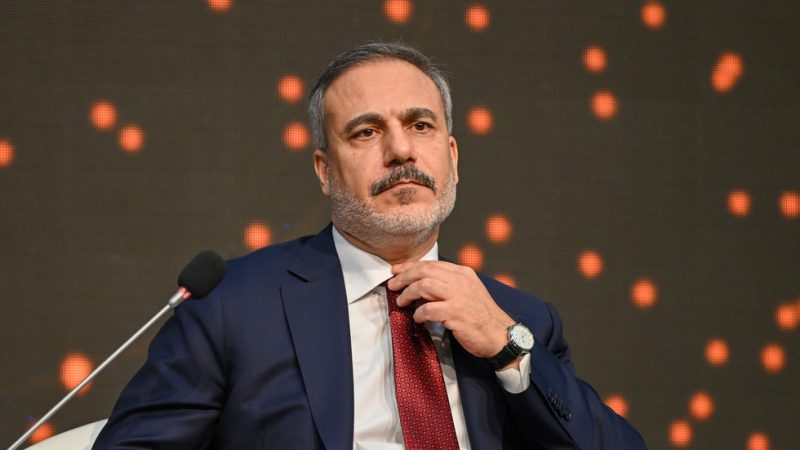
Turkey has dramatically escalated its long-standing conflict with Israel, announcing a complete severing of all commercial and economic ties. Foreign Minister Hakan Fidan revealed this sweeping move during a Friday address to the national parliament, stating that trade with Israel has been completely halted and Turkish ports are closed to Israeli ships.
This decisive action follows months of escalating tensions stemming from Israel’s military campaign in Gaza. Turkey has been a vocal critic, accusing Israel of genocide – a charge Israel vehemently denies. The announcement includes a ban on Turkish ships entering Israeli ports and vice versa, along with restrictions on Israeli aircraft accessing Turkish airspace. These restrictions, according to a Turkish diplomatic source cited by Reuters, primarily target official Israeli flights and those carrying weapons or ammunition, leaving routine commercial flights largely unaffected.
While Turkish port authorities now informally require shipping agents to confirm that vessels are not linked to Israel and are not carrying military cargo destined for the country, an Israeli official told the Jerusalem Post that Turkey had previously announced similar economic severances that did not fully materialize. This suggests a potential history of pronouncements not fully translating into action.
The deteriorating relationship between the two countries has been evident for some time. In 2023, Turkey recalled its ambassador from Israel, and the following year, severed all diplomatic ties. President Recep Tayyip Erdogan has been particularly outspoken in his condemnation of Israeli actions, referring to Prime Minister Benjamin Netanyahu as the “butcher of Gaza” and drawing comparisons to Nazi atrocities. This latest move underscores the depth of the rift and the significant consequences of the ongoing conflict in Gaza.
The long-term implications of this complete trade embargo remain to be seen. The impact on both economies, and the potential for future reconciliation, will undoubtedly be significant factors in the evolving geopolitical landscape of the Middle East.









